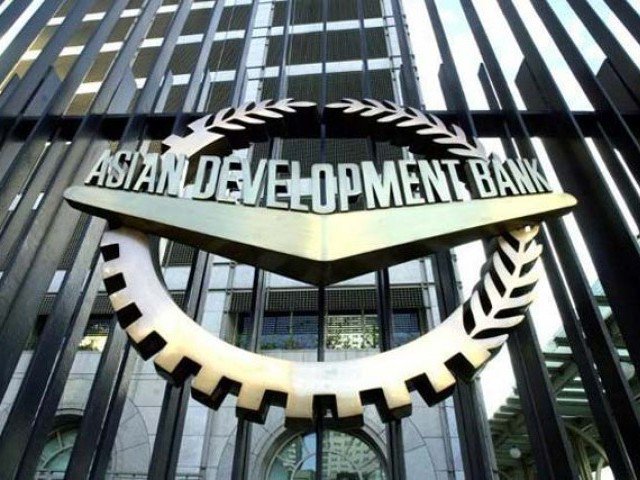ISLAMABAD: The Asian Development Bank (ADB) convened consultation
workshops on “The CAREC Integrated Trade Agenda 2030 and Special Economic Zones
Development” here to promote Pakistan’s trade and exports.
Participants found the envisaged Central Asia Regional Economic Cooperation (CAREC) trade agenda and ADB’s SEZ study findings to be relevant and practical in promoting Pakistan’s regional trade and exports.
Additional Secretary of Pakistan’s Ministry of Commerce SM Irfan Huda chaired the workshop while the ADB Country Director Xiaohong Yang presented opening remarks and ADB headquarters Manila Director Regional Cooperation and Operations Coordination Division, Safdar Parvez moderated the proceedings.
The Workshop also discussed ways and means to maximize the potential of Special Economic Zones and Industrial Park Development in Pakistan by sharing successes and lessons learnt from Kazakhstan and the Kyrgyz Republic and identified potential areas of support
for Pakistan.
“Development of SEZs in Pakistan is the most important part of China Pakistan Economic Corridor (CPEC) and needs recommendations and proposals from various stakeholders both
from government and private sectors to ensure successes of the zones,” Safdar
Parvez said while addressing the workshop.
ADB organized the workshop in collaboration with the ministry of commerce, and the Board of Investment (BOI).
“Under the Central Asia Regional Economic Cooperation (CAREC) program, we are developing a trade agenda to promote trade and development among the member countries, expand trade, explore new markets in the region, and diversify the trade in the
region,” he said.
“We will include the workshop outcomes in trade agenda of 17th CAREC Ministerial meeting to be held in Ashgabat, Turkmenistan on November 15, 2018, in which Pakistan’s
representative is also to participate.”
Meanwhile, Xiaohong Yang said as CAREC aims to reposition itself as a catalyst for trade expansion and economic diversification in the region, it is imperative to consider previous iterations of CAREC trade work and forward-looking trade priorities under CAREC 2030.
Under the framework of CAREC 2030 strategy, she said CITA 2030 and accompanying Rolling Strategic Action Plan (RSAP) 2018-2020 is being developed through the consultative
process. CITA 2030 will integrate trade work combining trade policy and trade facilitation and include cross-cutting priorities in CAREC 2030 operational clusters.
The CITA aims to assist CAREC countries to integrate further with the global economy through trade expansion from increased market access, greater diversification, and stronger institutions for trade, she added.
Earlier in his presentation, Senior Regional Cooperation Specialist, ADB, Guoliang Wu said in December 2014, the ADB approved the regional policy and advisory technical assistance for supporting industrial park development in the CAREC Region with a two-fold objective of evaluating the features, functions, and effectiveness of existing SEZs in the region by
undertaking diagnostic studies, and developing strategic frameworks for their development in accordance with international rules and best practices.
“Two pilot countries were identified, namely Kazakhstan and the Kyrgyz Republic.” He said in these countries strategic framework for SEZs was evolved and was founded on five pillars including promoting investment climate in SEZs, promoting linkages with the domestic economy, promotion of regional and cross-border value chains, implementation strategy, and monitoring and evaluation. He said SEZs can serve as a highly potent policy tool to address institutional bottlenecks and promote competitiveness.
Low cost competitiveness and low productivity discourage investment in productive activity.
This impedes expansion in the scale of production, which in turn prevents the
use of new technologies, investment in learning and upgrading of businesses.




